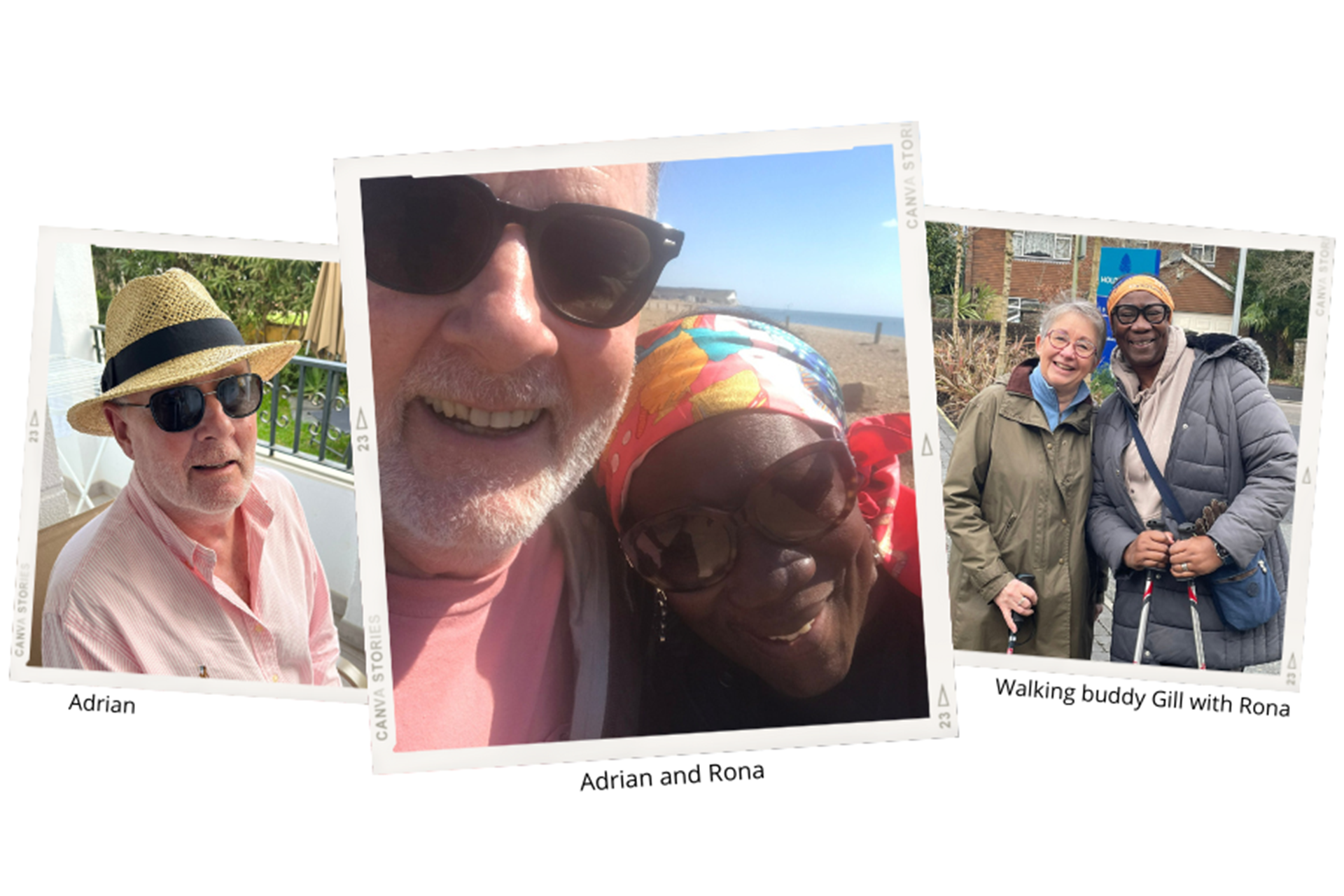The challenge: walking 15,000 steps every day
I also completed the challenge last year and managed to raise some money, which I'm very proud of. It's something I want to do as long as I am able, to give back. Anything I can do to help support another family going through what I'm going through.
How did you get involved with #TakeOverMND fundraising?
One of the things that happen when you get diagnosed with MND is very quickly the MND Association get in touch within six weeks of the diagnosis. Then you have health practitioners visit, which is a shock at first because there’s so much going on.
They patiently explained to me what was ahead, and it wasn't easy. From getting a blue badge to voice banking and numerous visits, I was amazed at the support. They said we need to get all of this done now so that you can concentrate on creating positive, happy memories – which is what we’ve been doing.
Someone told me a wonderful saying, “This is a club you never want to belong to, but if you’re going to belong to a club this is the best one”.
The MND Association have held my hand through this whole process, and I don’t know what I would have done without them. If you need anything you can pick up the phone to them, and if they don't know they know somebody who does. Plus, a lot of the association are volunteers.
I remember thinking, what can I do for them?
Do you have a fundraising target?
So, I’m walking 15,000 steps a day every day throughout January – which equates to 465,000 steps in total. Last year I managed more than 500,000! If for any reason life gets in the way then I make it up where I can, and the challenge can run into February. It’s a test getting the steps as well as being a full time carer for Adrian.
Last year I raised close to £1,000. I’d love to do that again this year too, but it’s hard. I’ve already raised around £200 so that’s a good start.
I'll be 72 next birthday and thankfully I'm quite strong at the moment, so as long as I can I want to do this. Some MND sufferers and carers have a lot more challenges than I do, so if I can raise money to help them, as they've helped me, it's a way of giving back.
